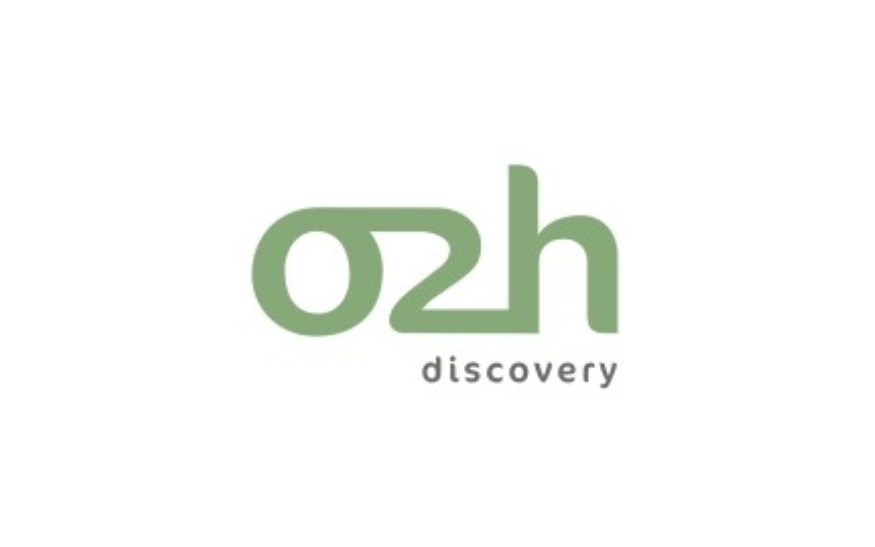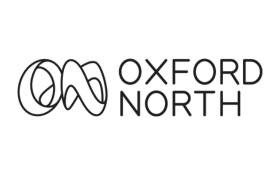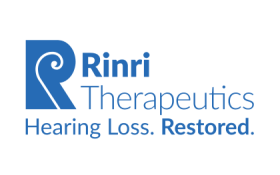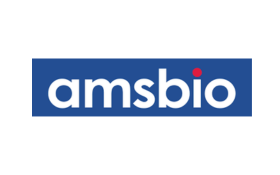IBD Market Snapshot: New Medicines Try To Address Patient, Physician Demands – Oral Drugs, Novel Biologics Offer New Options
New drugs are looking to enter the mature inflammatory bowel disease market by focusing on the remaining unmet needs, with clinical development programs aimed at improving remission rates beyond what is possible with existing therapies and maintaining remission for longer periods of time, while providing relief in the near-term from symptoms that patients describe as debilitating aspects of ulcerative colitis and Crohn’s disease that impact their daily lives, such as bowel urgency.

Oral JAK inhibitors and S1P receptor modulators are just the start for novel mechanisms coming to inflammatory bowel disease (IBD), a market currently dominated by anti-TNF antibodies and other biologics after ulcerative colitis (UC) and Crohn’s disease (CD) patients progress on conventional therapies. Advanced therapies going forward will include additional drugs targeting JAK and S1P as well as interleukin-23 (IL-23) inhibitors and other novel biologics hoping to fill big gaps in the market.
AbbVie Inc.’s Humira (adalimumab) and Johnson & Johnson’s Remicade (infliximab) are among the TNF inhibitors used in IBD, along with J&J’s IL-12/23 inhibitor Stelara (ustekinumab) and Takeda Pharmaceutical Co. Ltd.’s integrin inhibitor Entyvio (vedolizumab). However, those and other companies are angling to provide new mechanisms to treat UC and CD because patients still unable to achieve remission or manage difficult symptoms, such as bowel urgency, with available advanced therapies.
Pfizer Inc. had the first JAK inhibitor approved for UC in 2018 with Xeljanz (tofacitinib). (Also see “Pfizer’s Xeljanz Pushed By New Tailwind From Approval In Ulcerative Colitis” – Scrip, 30 May, 2018.) However, the JAK class has since been relegated to post-biologic use in the US due to safety concerns. (Also see “FDA Warnings And Restrictions On JAKs Curb Growth Potential Of Big Brands” – Scrip, 1 Sep, 2021.) Now, the company is working to bring its second oral therapy for UC to market with the S1P modulator etrasimod for moderate-to-severe disease both for biologic-naïve and biologic-experienced patients. Pfizer plans to provide an update on its US Food and Drug Administration filing plans for etrasimod in UC in the coming months; the drug is in Phase II/III for Crohn’s disease.
Bristol Myers Squibb Company beat Pfizer to market in 2021 with its S1P receptor modulator Zeposia (ozanimod), which is approved for UC and in Phase III for CD with results expected in 2024. (Also see “Zeposia’s Ulcerative Colitis Approval Provides BMS’s Beachhead Into GI” – Scrip, 28 May, 2021.) BMS also has its oral TYK2 inhibitor Sotyktu (deucravacitinib) in Phase II for both CD and UC, with results expected early next year and in the second half of 2023, respectively. (Also see “BMS Aims To Unseat Otezla In Psoriasis With US FDA-Approved Sotyktu” – Scrip, 9 Sep, 2022.) The drug failed in an earlier mid-stage ulcerative colitis study but a higher dose is included in the ongoing Phase II trial. (Also see “Bristol’s High Profile TYK2 Inhibitor Disappoints In Ulcerative Colitis” – Scrip, 7 Oct, 2021.)
Also in the realm of new oral options, AbbVie’s JAK inhibitor Rinvoq (upadacitinib) was approved for UC in March 2022 and has been filed with the FDA for CD. The company’s biologic Skyrizi (risankizumab) was the first IL-23 inhibitor approved for IBD in the US, cleared for CD in June 2022, and is in Phase III for UC. (Also see “AbbVie Ups Its IBD Game With Latest Crohn’s Data For Rinvoq” – Scrip, 12 May, 2022.)
New Medicines Needed, Both Oral And Biologic
Pfizer has additional oral and biologic therapies in its commercial portfolio and its R&D pipeline for IBD beyond Xeljanz and etrasimod, including the Remicade biosimilar Inflectra and the Humira biosimilar Abrilada, which is slated launch in 2023 in the US. (Also see “Pfizer Anticipates ‘Fair’ Share Of Adalimumab Market In US” – Generics Bulletin, 5 May, 2022.) The company also has PF-06480605 targeting TNF super family member 15 (TNFSF15) in Phase IIb for ulcerative colitis and the JAK3 inhibitor ritlecitinib in Phase II for Crohn’s disease.
“IBD is a super crowded space, in a sense, but … there’s also a tremendous unmet need and desire for patients and health care providers for a new medicine like etrasimod,” Pfizer’s former global president of inflammation and immunology Michael Gladstone told Scrip. “These conditions, these patients, they’re heterogeneous in nature, and when it comes to IBD, patients need multiple options with different mechanisms of action.”
Given that patients cycle through standard-of-care TNF inhibitors and many do not achieve or maintain remission on anti-TNF therapy, and because etrasimod is an oral option, Pfizer believes it can make the case for its drug as a pre-biologic option, Gladstone said.
“There is a significant patient population that is still available that needs to transition off of conventionals and move into advanced therapies and deucravacitinib, if approved, will ultimately help fill that gap as well side-by-side with Zeposia,” Carlos Dortrait, BMS senior vice president in charge of commercialization for the company’s immunology and fibrosis portfolio, said in an interview.
Dortrait noted that many UC and CD patients are diagnosed in their 20s and 30s, and market research has shown that many do not want to go on to biologic therapies, despite not being served well by oral conventional therapies and being candidates for advanced medicines, because they do not want to inject themselves for the next several decades to come.
Nevertheless, biologics are entrenched therapies for moderate to severe UC and CD, and not just anti-TNF antibodies. Takeda’s Entyvio is approved solely for the two diseases and J&J’s Stelara has been a welcome addition to the IBD treatment armamentarium as well.
Marla Dubinsky, chief of pediatric gastroenterology at Mount Sinai Kravis Children’s Hospital in New York and co-director of the Susan and Leonard Feinstein Inflammatory Bowel Disease Clinical Center at Mount Sinai, noted that TNF inhibitors were the only advanced therapies available for IBD when she was a fellow more than two decades ago. She told Scrip that back then it was hard to imagine having three classes of biologics – targeting TNF, integrins and IL-12/IL-23 – for patients with advanced IBD, let alone oral therapies that also could provide meaningful remission.
IL-23 Drugs May Benefit From Stelara’s Known Safety
Inhibiting IL-23 alone – the target for AbbVie’s Skyrizi and Eli Lilly and Company’s mirikizumab, which could be the first IL-23 inhibitor approved in the US for ulcerative colitis early next year – may be an even more targeted approach than TNF inhibition. IL-23 inhibition also has a somewhat known safety profile because it is one of the two targets of Stelara, Dubinsky noted. “We have that halo of understanding the safety profile of this class,” she said.
Dubinsky, an investigator in Lilly’s Phase III program for mirikizumab in UC, noted that the biologic has shown efficacy across patient populations, including people who are new to biologics and those who have not responded or lost response to anti-TNF antibodies or other biologics.





